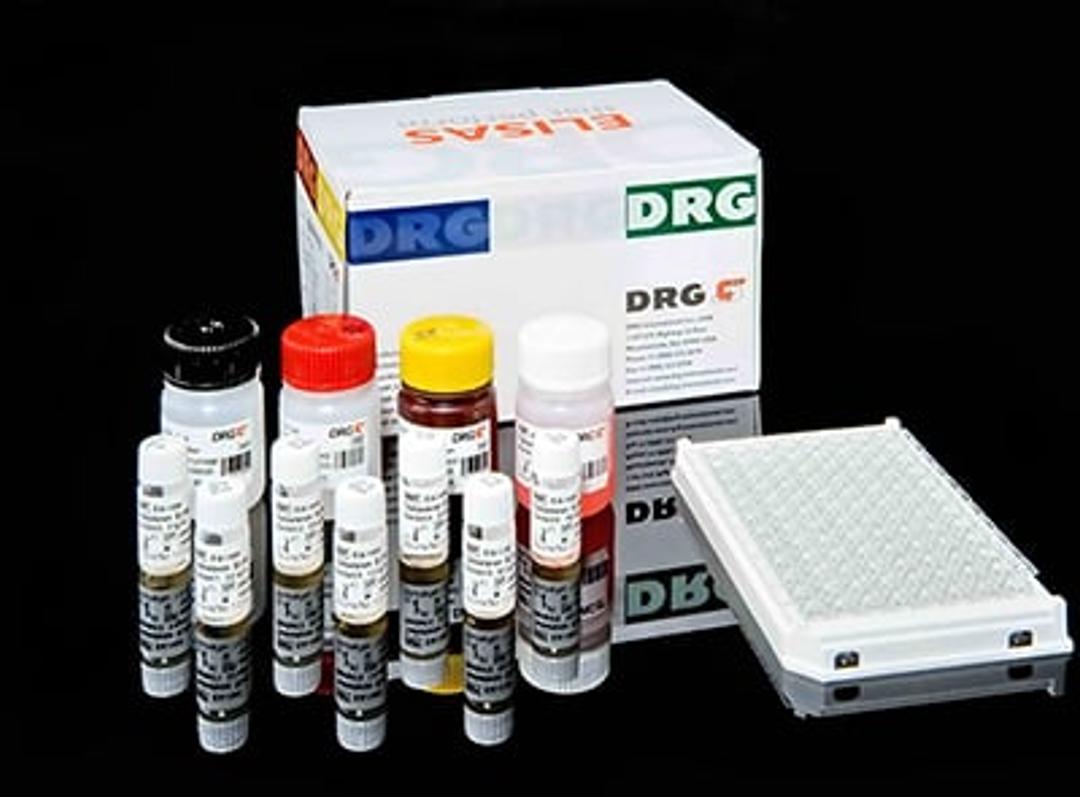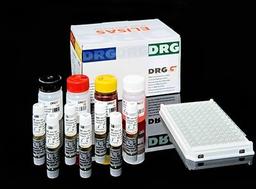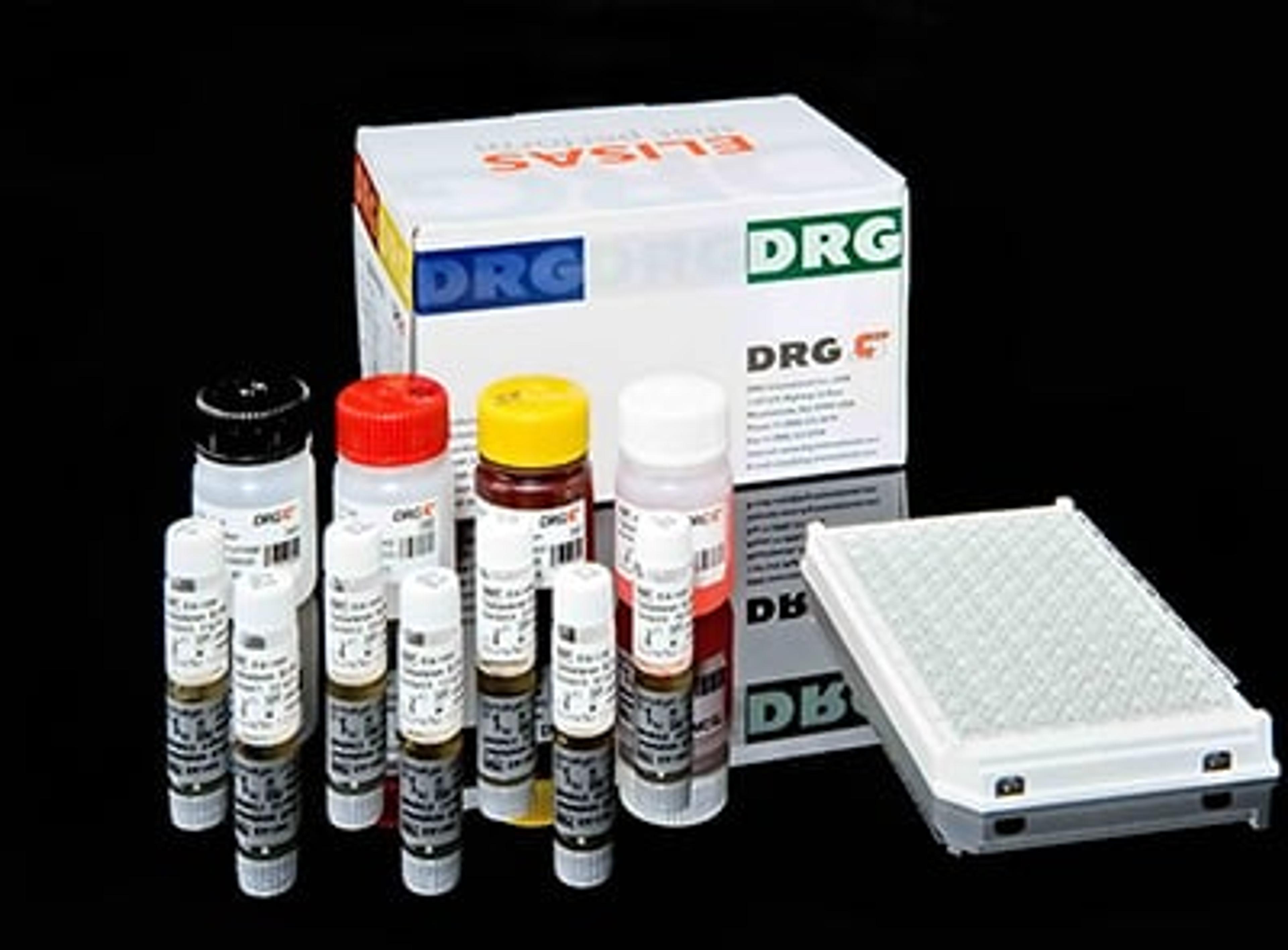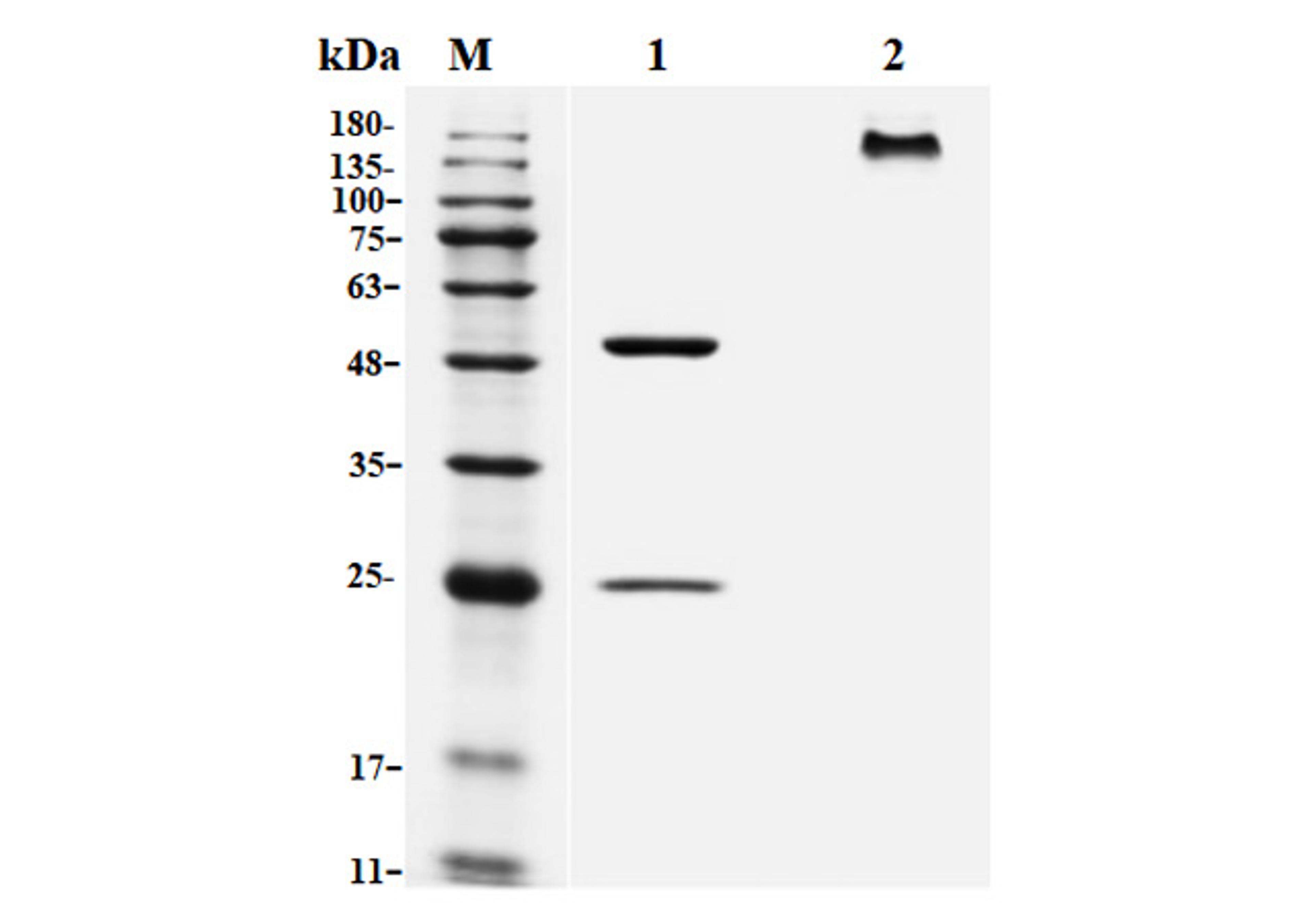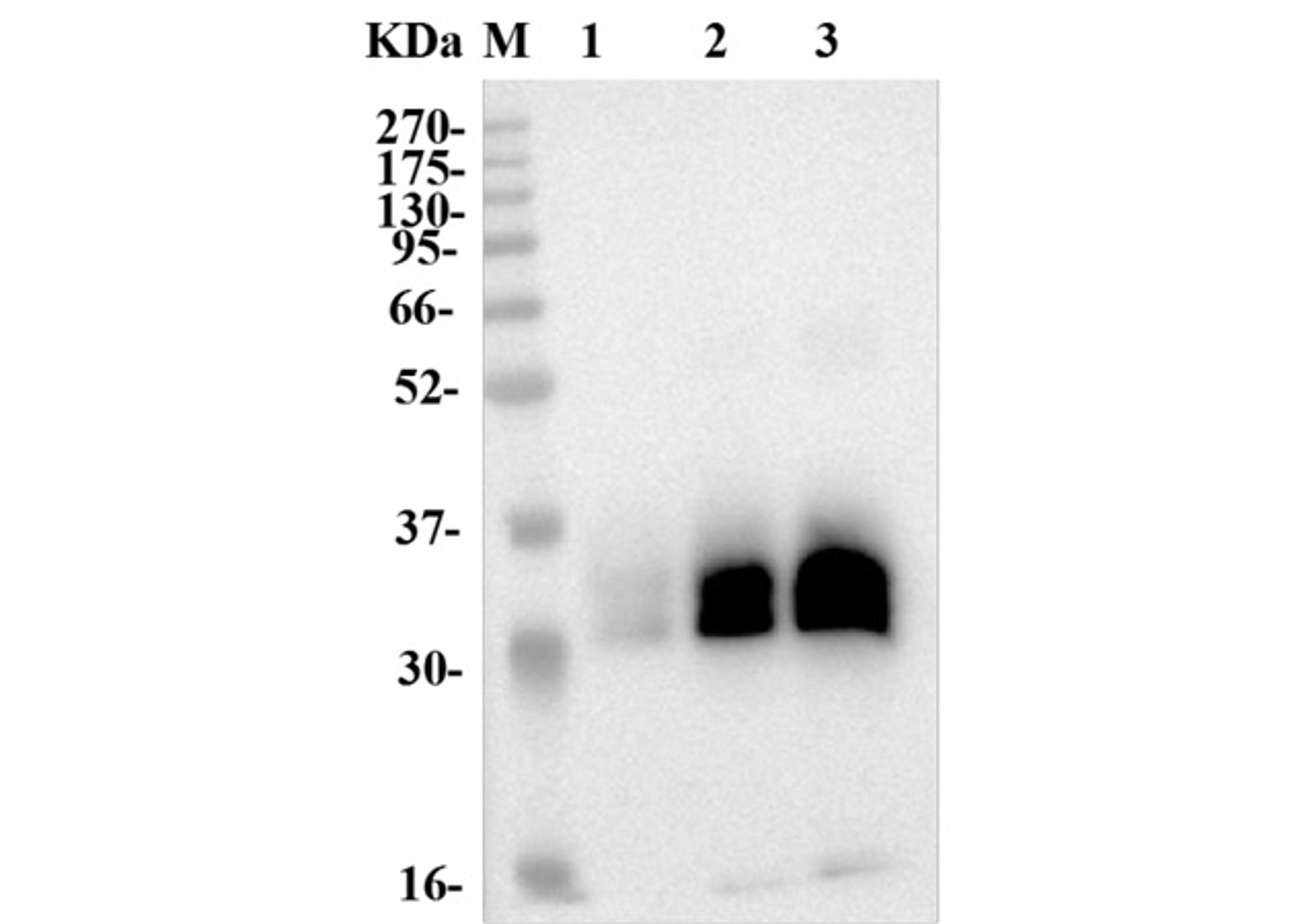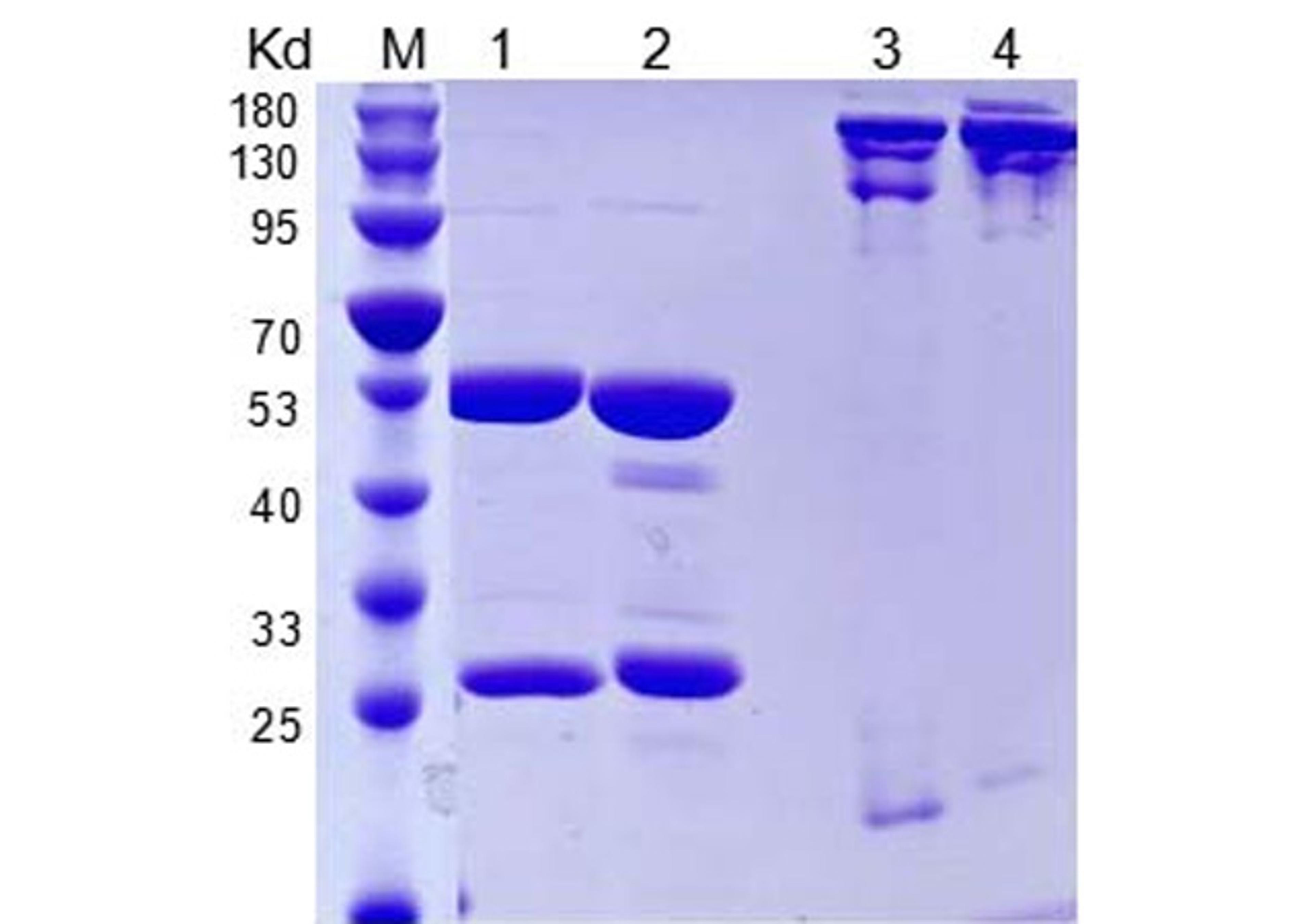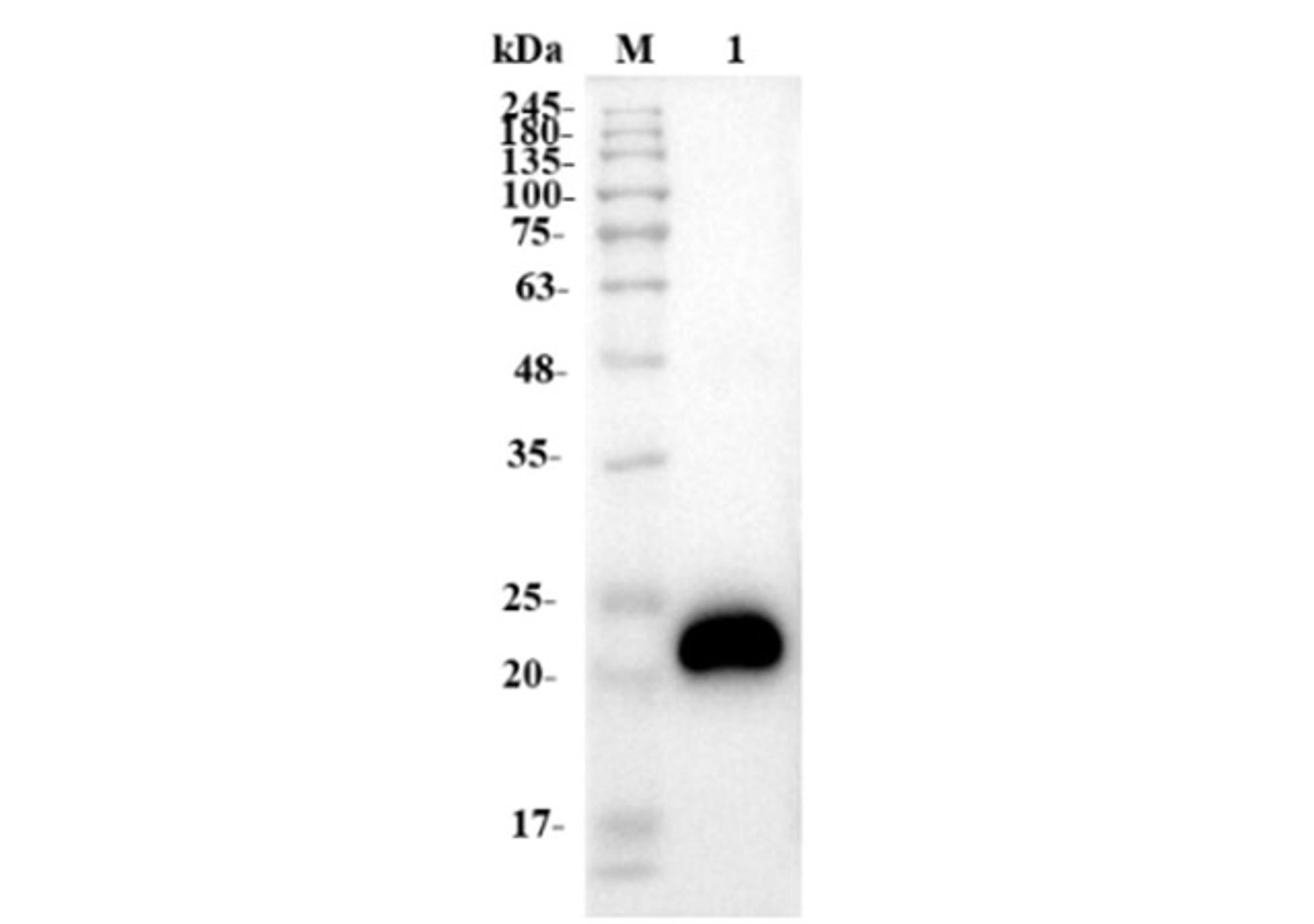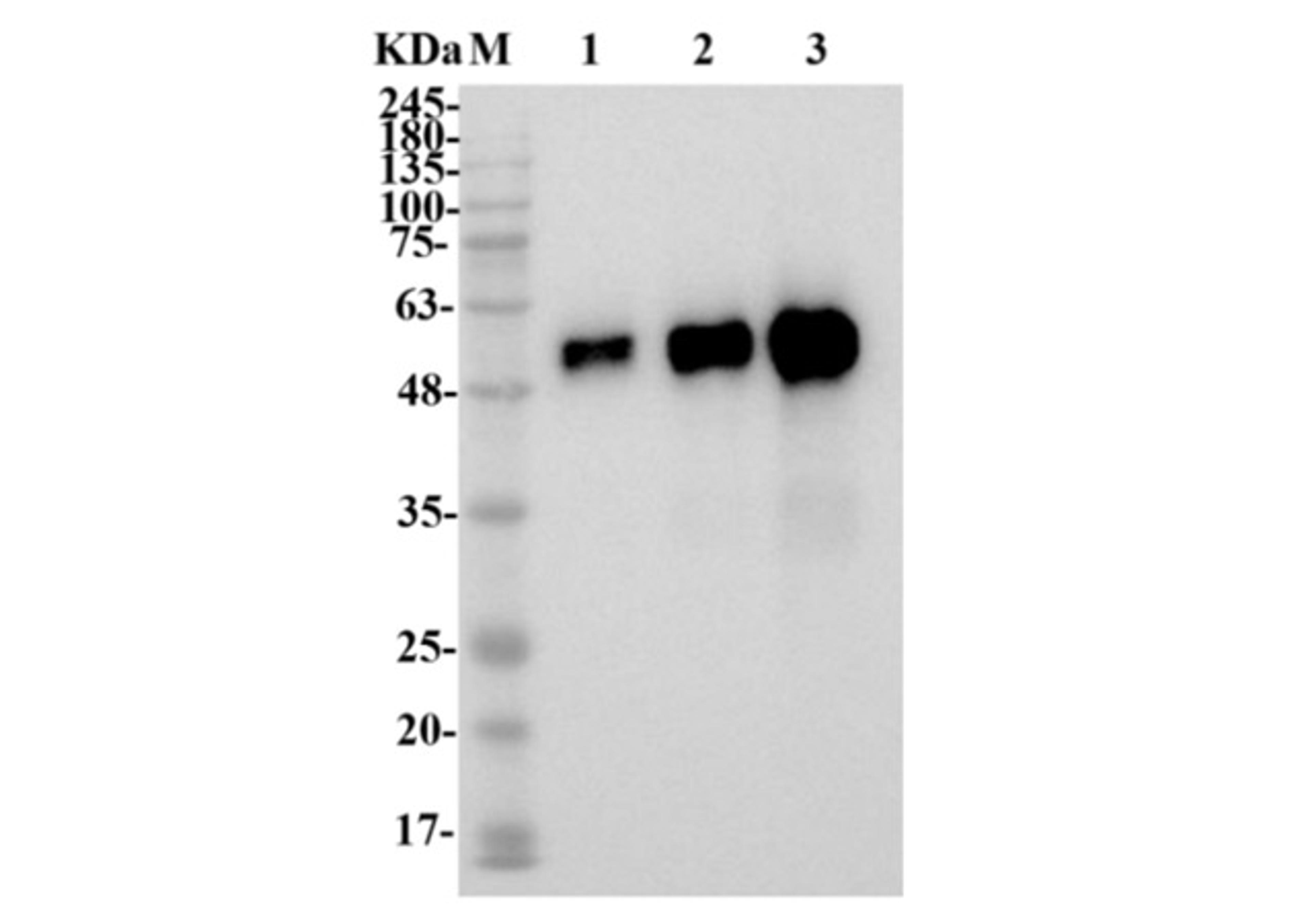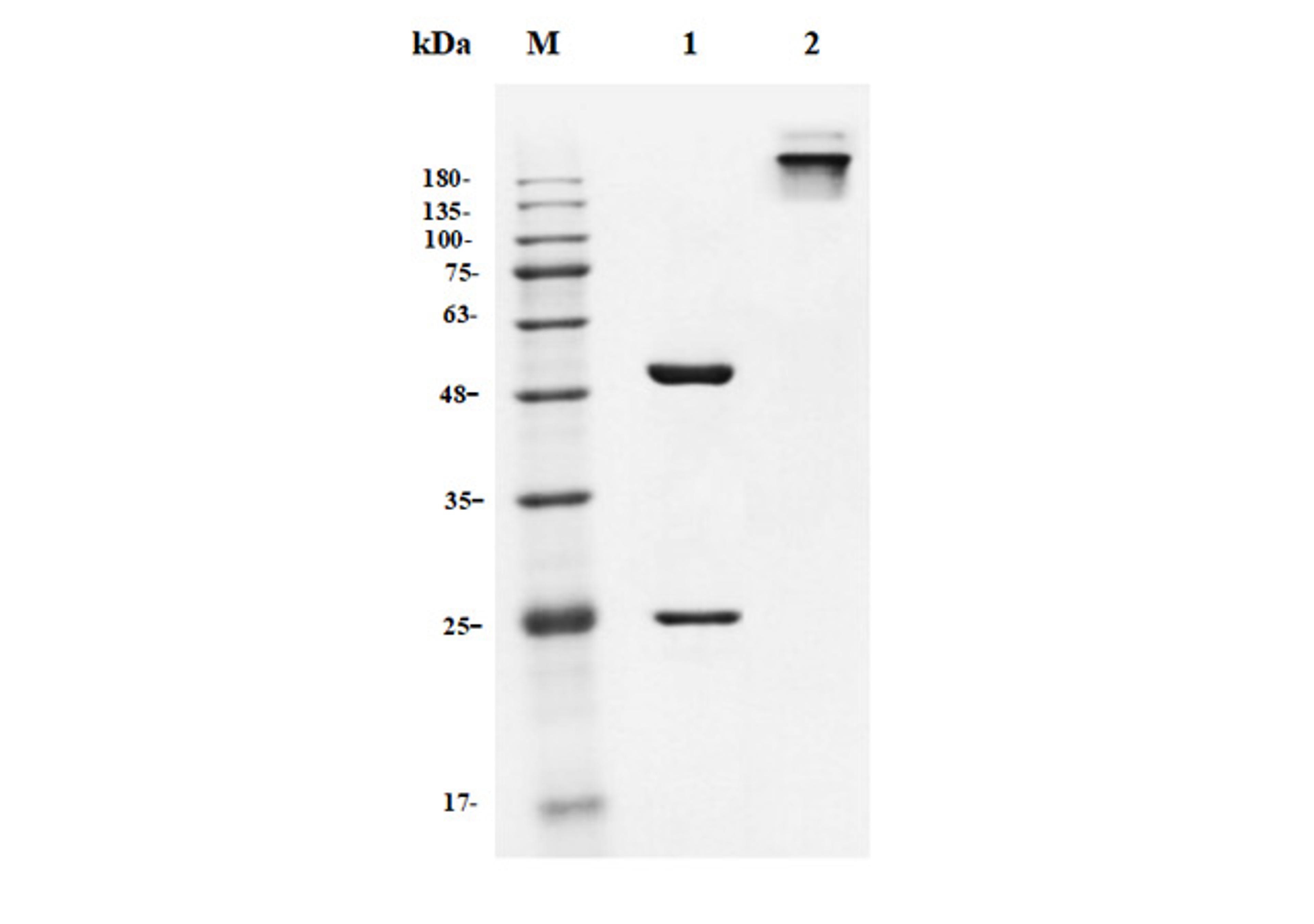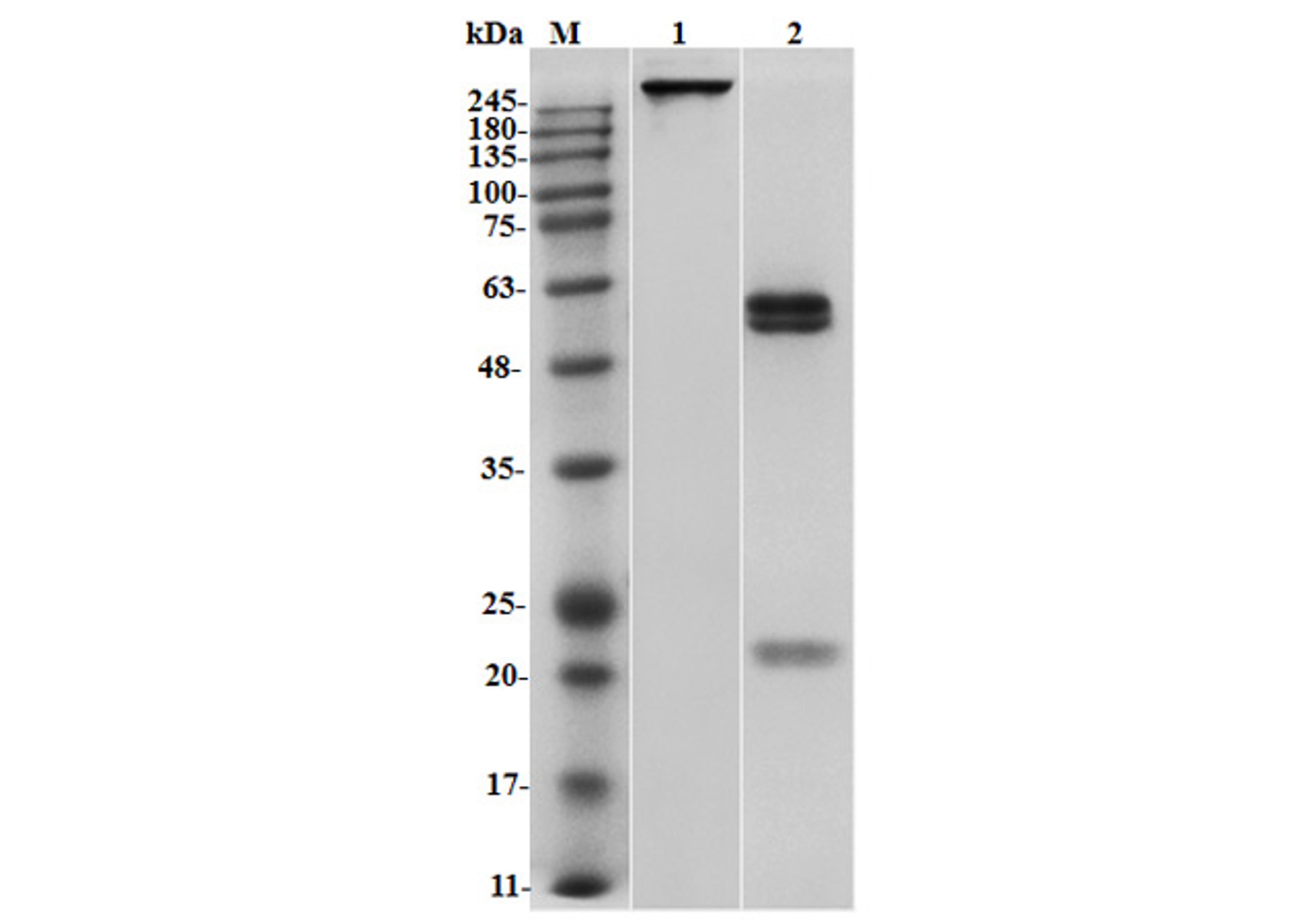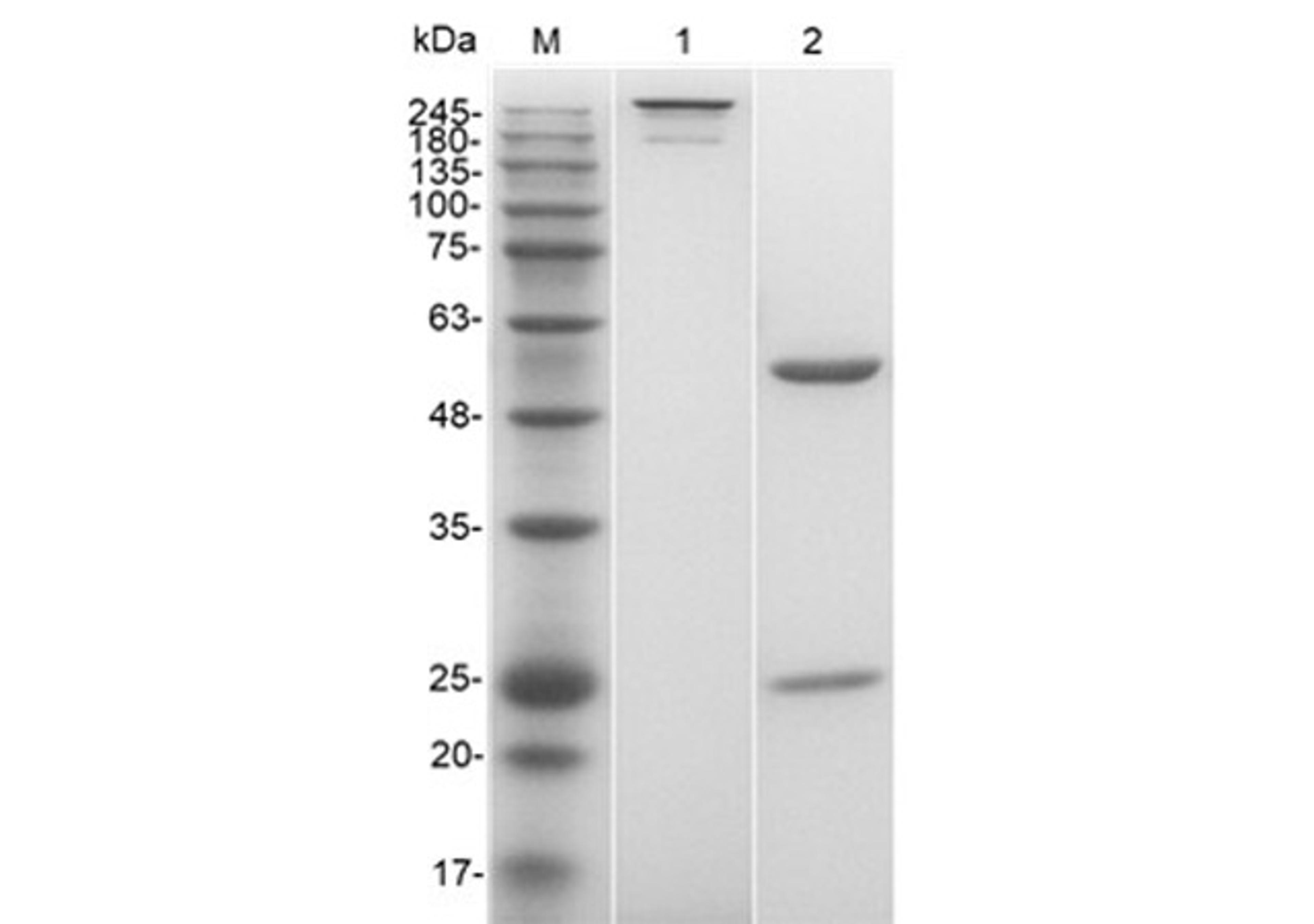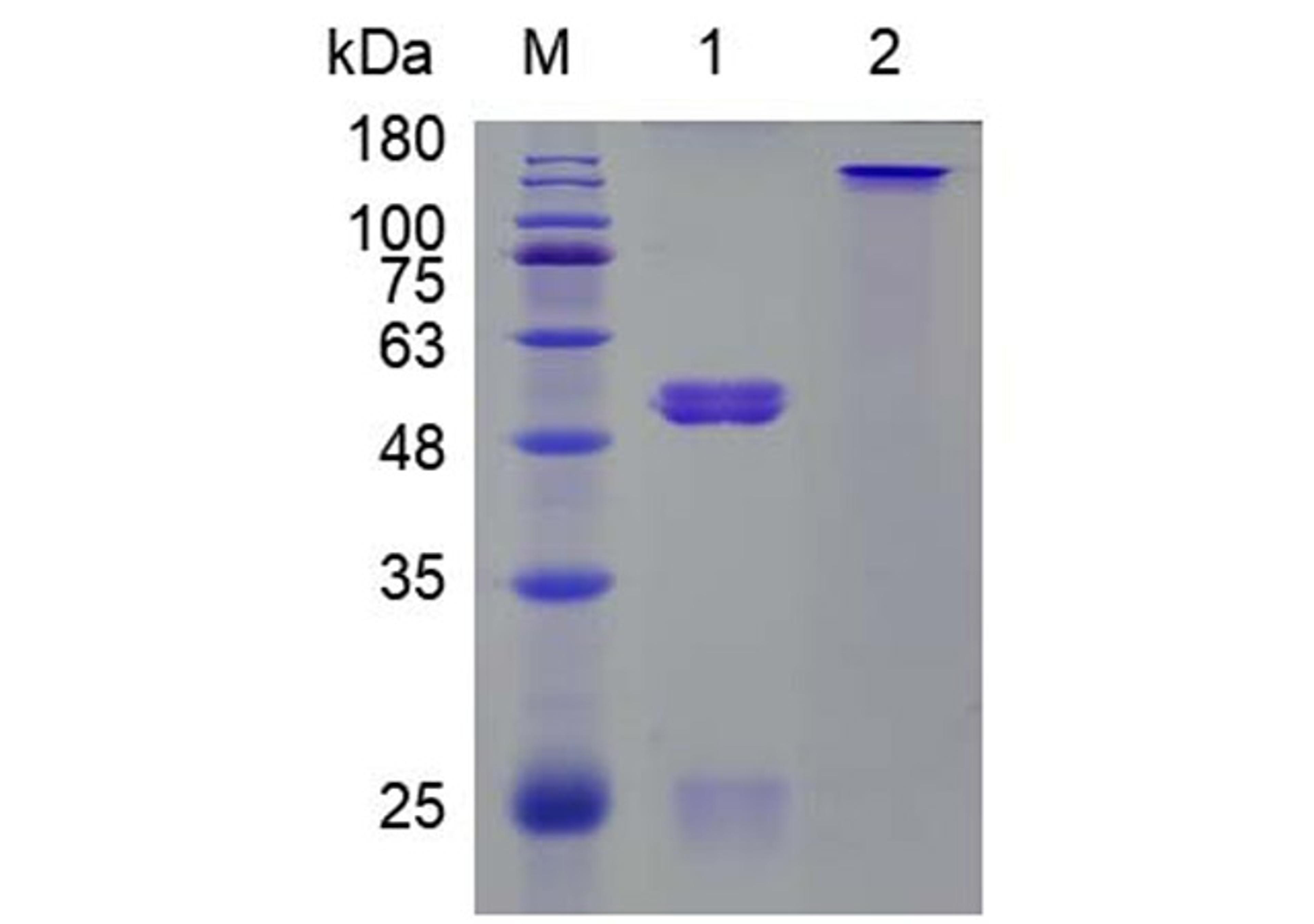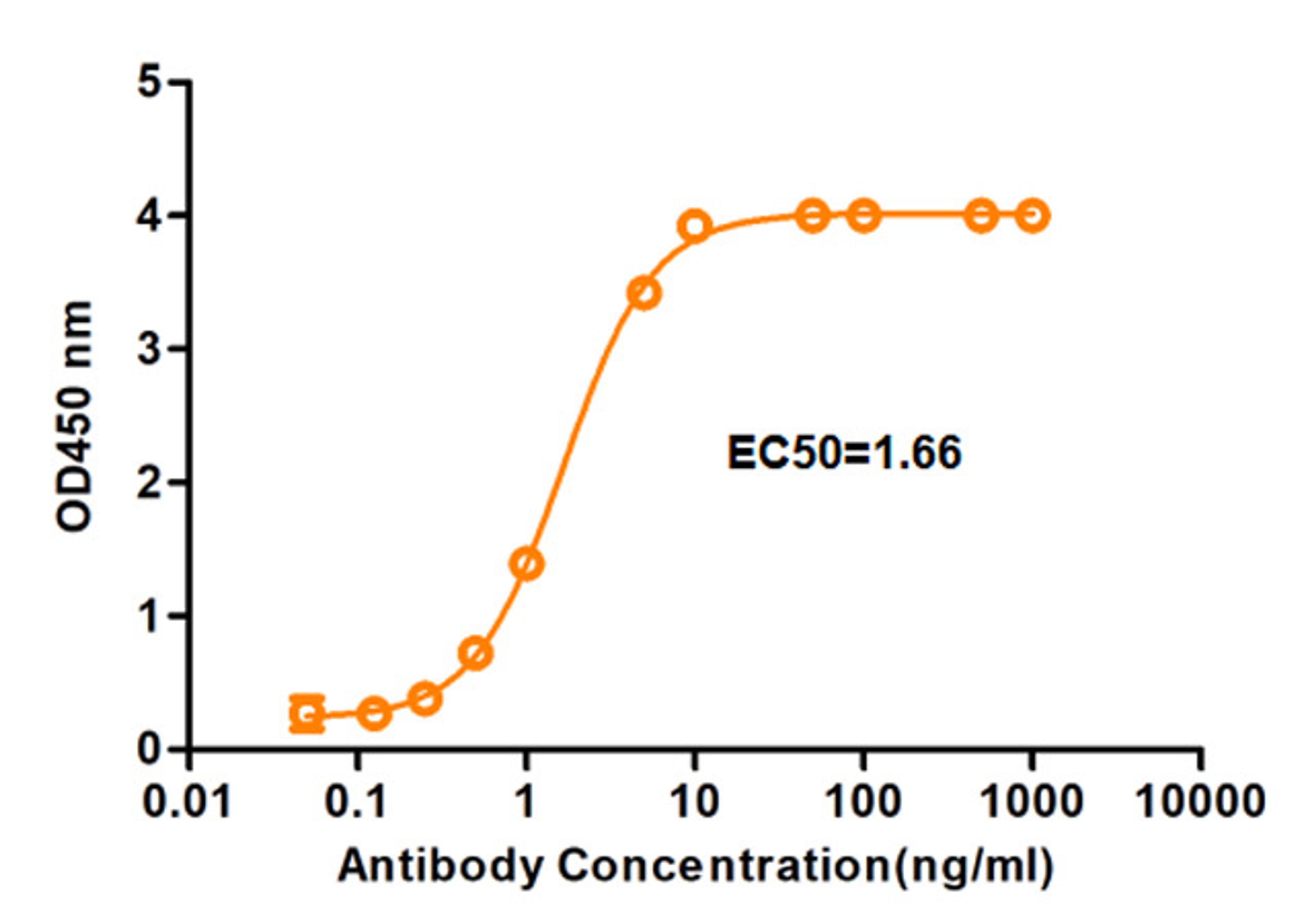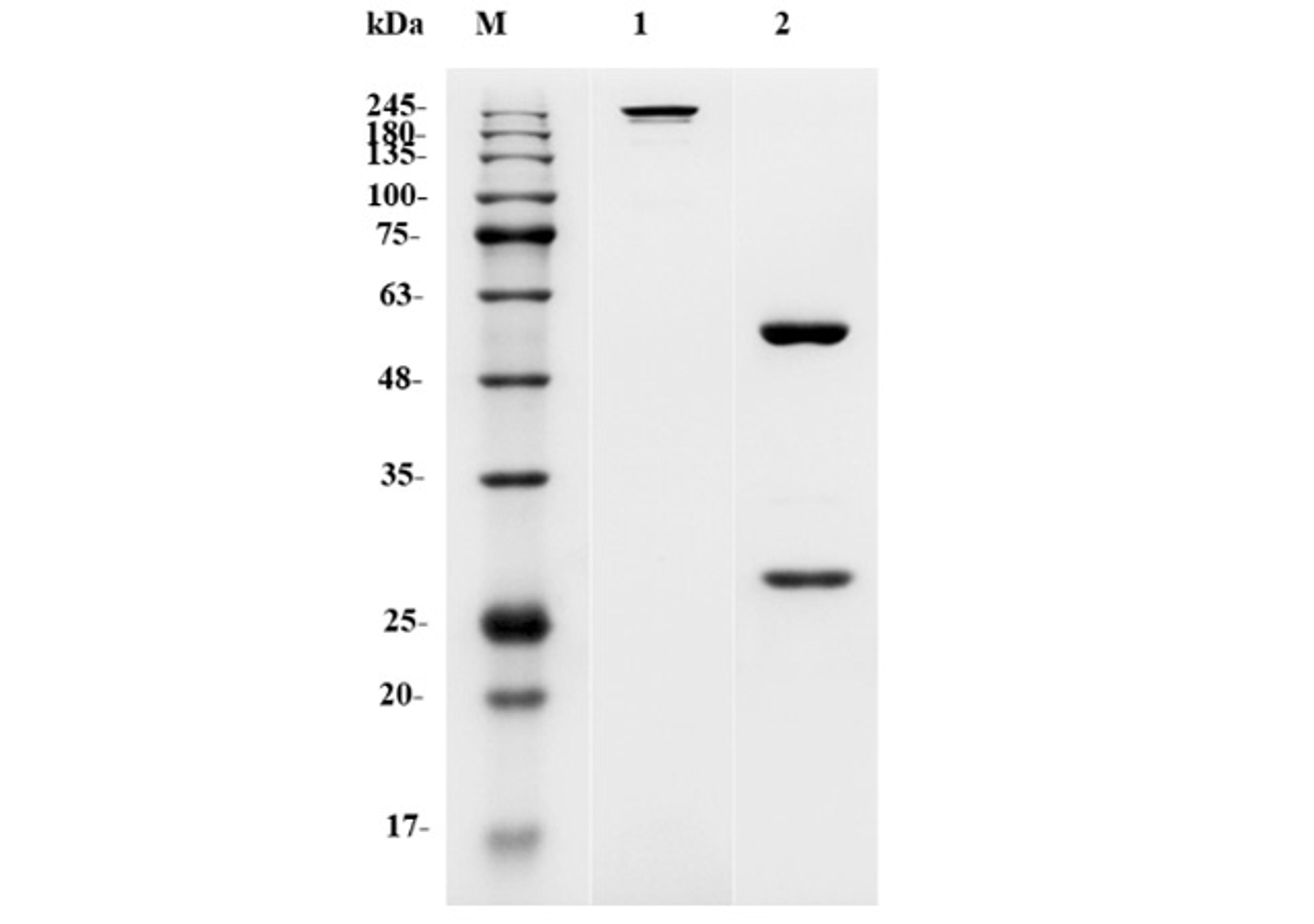Epstein Barr Virus EBNA IgA
High Quality Assays with Reproducible and Reliable Results

The supplier does not provide quotations for this product through SelectScience. You can search for similar products in our Product Directory.
Enzyme immunoassays (microtiter strips) for the qualitative and quantitative determination of IgA antibodies against the Epstein-Barr Virus nuclear antigen (EBNA-1) in human serum and plasma.Infectious mononucleosis is an acute lymphoproliferative disease common in children and young adults and caused by the Epstein-Barr Virus. The EBV is one of the herpes viruses 4 (gamma). Characteristic clinical features include:Fever, sore throat, and lymhadenopathy,an associated absolute lymphocytosis (> 50 % of which at least 10 % are atypical lymphocytes in the peripheral blood),development of transient heterophil and persistent antibody responses against EBV andabnormal liver function. 4 % of infected young adults show an icteric manifestation and 50 % have splenomegaly. In addition, EBV is implicated in Burkitt lymphoma, nasopharyngeal carcinoma and Hodgkin´s disease. An infectious mononucleosis similar syndrome can be caused by cytomegalovirus, toxoplasmosis and other viral infections. Therefore Differential diagnosis is of major importance. Serological tests like EIA are very useful for the detection of anti-EBV IgG and IgM antibodies especiallywhen heterophil antibodies are absent. Related to fresh infections, IgM antibodies against VCA and EA are determined by immunofluorescence or ELISA. Later VCA IgG and then EBNA-1 IgG antibodies appear. The simultaneous activation of VCA IgM and EBNA-1 IgG indicates a reactivation of a latent EBV infection. The EBNA-1 IgG ELISA is helpful to monitor a past infection and may be utilized to assess blood samples prior to transfusions or transplantations.Solid phase enzyme-linked immunosorbent assay (ELISA) based on the sandwich principle. The wells are coated with antigen. Specific antibodies of the sample binding to the antigen coated wells are detected by a secondary enzyme conjugated antibody (E-Ab) specific for human IgA. After the substrate reaction the intensity of the color developed isproportional to the amount of IgA-specific antibodies detected. Results of samples can be determined directly using the standard curve.

